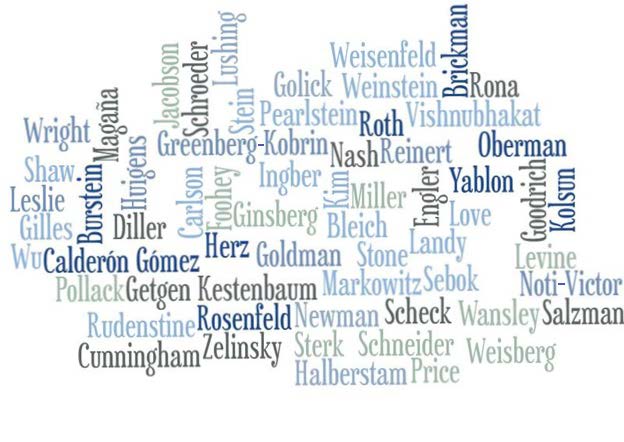Publication Date
7-2001
Journal
Boston College Law Review
Abstract
The Supreme Court generally conditions tax exemptions, deductions, and exclusions for religious organizations and activities upon the simultaneous extension of such benefits to secular institutions and undertakings. The Court's position flows logically from its acceptance of the premise that tax exemptions, deductions, and exclusions constitute subsidies. However, the "subsidy" label is usually deployed in a conclusory and unconvincing fashion. The First Amendment is best understood as permitting governments to refrain from taxation to accommodate the autonomy of religious actors and activities; hence, tax benefits extended solely to religious institutions should pass constitutional muster as recognition of that autonomy.
Volume
42
Issue
4
First Page
805
Last Page
842
Publisher
Boston College Law School
Keywords
Constitutional Law, Church and State, Housing Law, Religion and the Law
Disciplines
Constitutional Law | Housing Law | Law | Tax Law
Recommended Citation
Edward A. Zelinsky,
Are Tax "Benefits" for Religious Institutions Constitutionally Dependent on Benefits for Secular Entities?,
42
B.C. L. Rev.
805
(2001).
https://larc.cardozo.yu.edu/faculty-articles/306
Included in
Constitutional Law Commons, Housing Law Commons, Tax Law Commons


